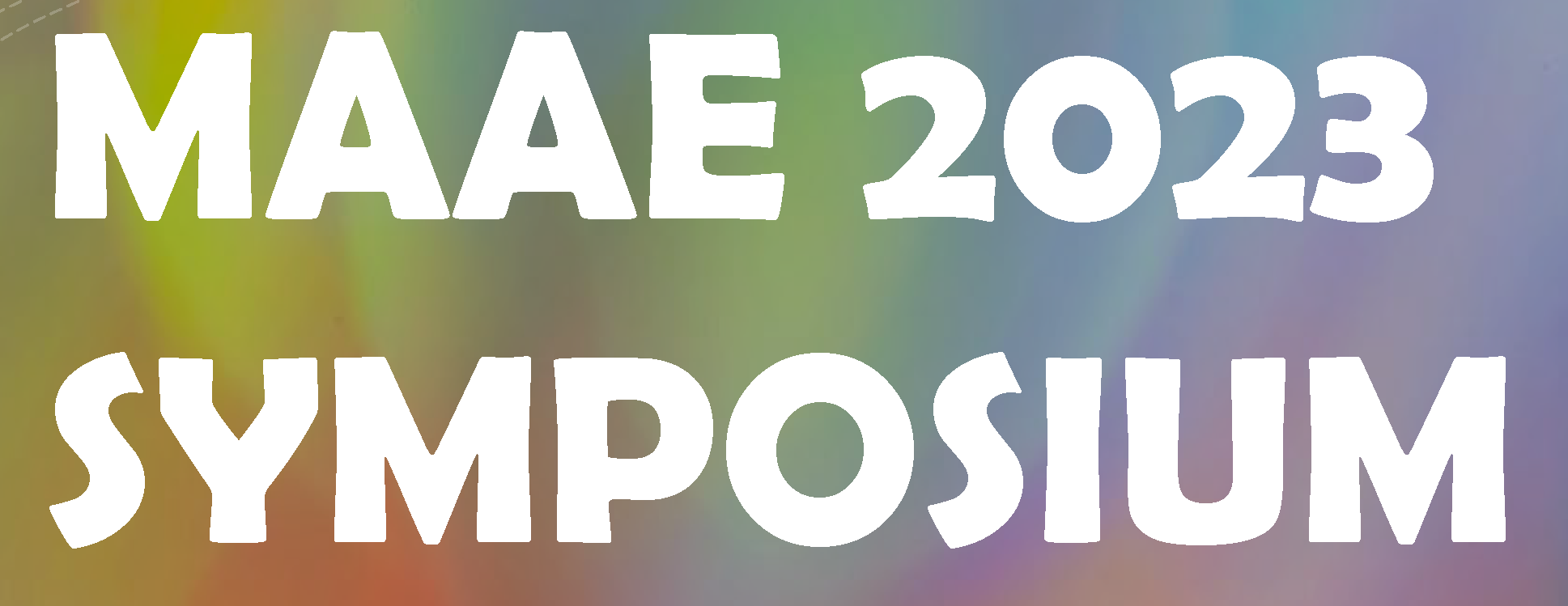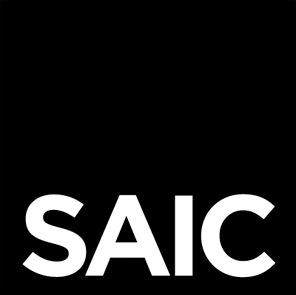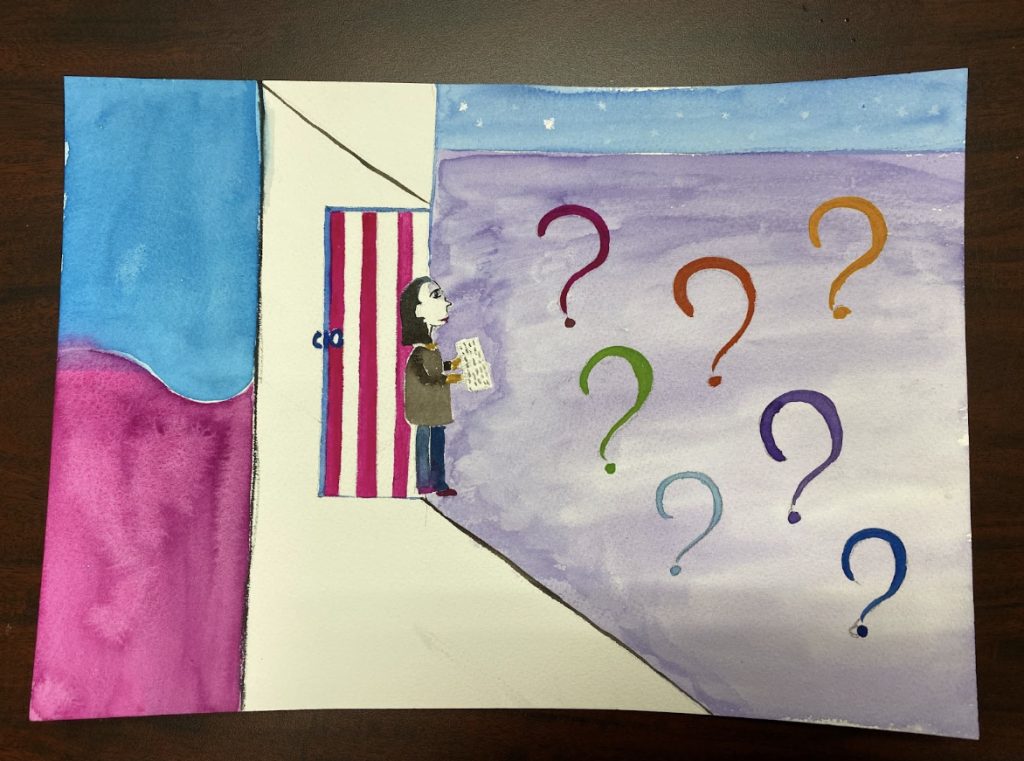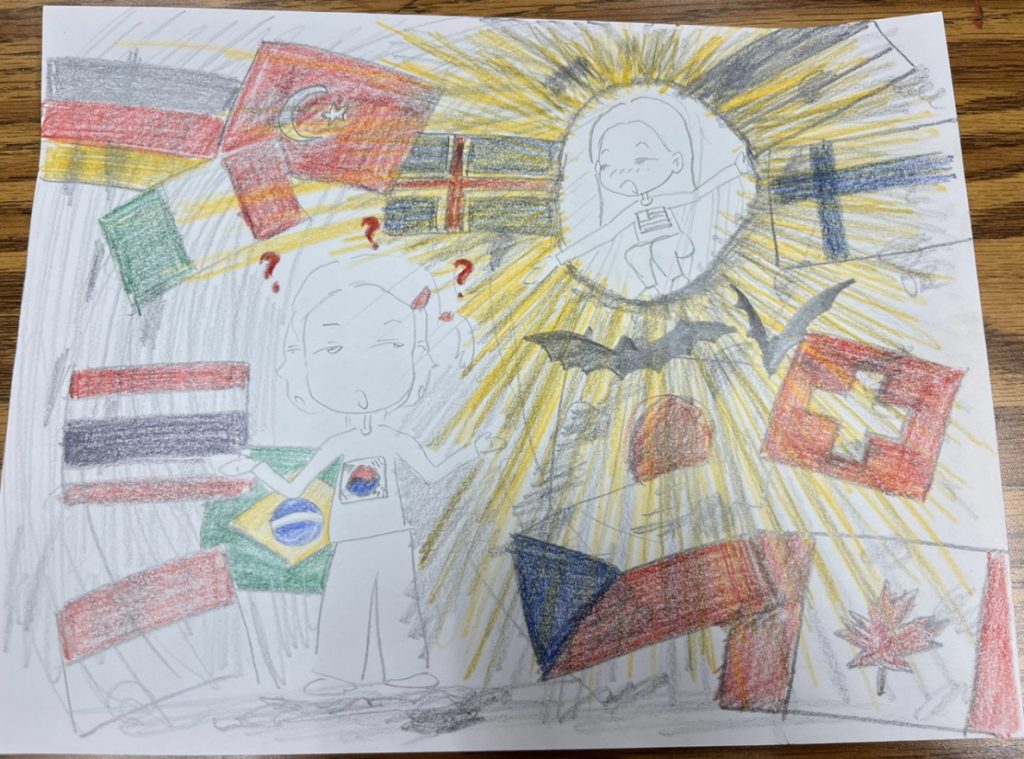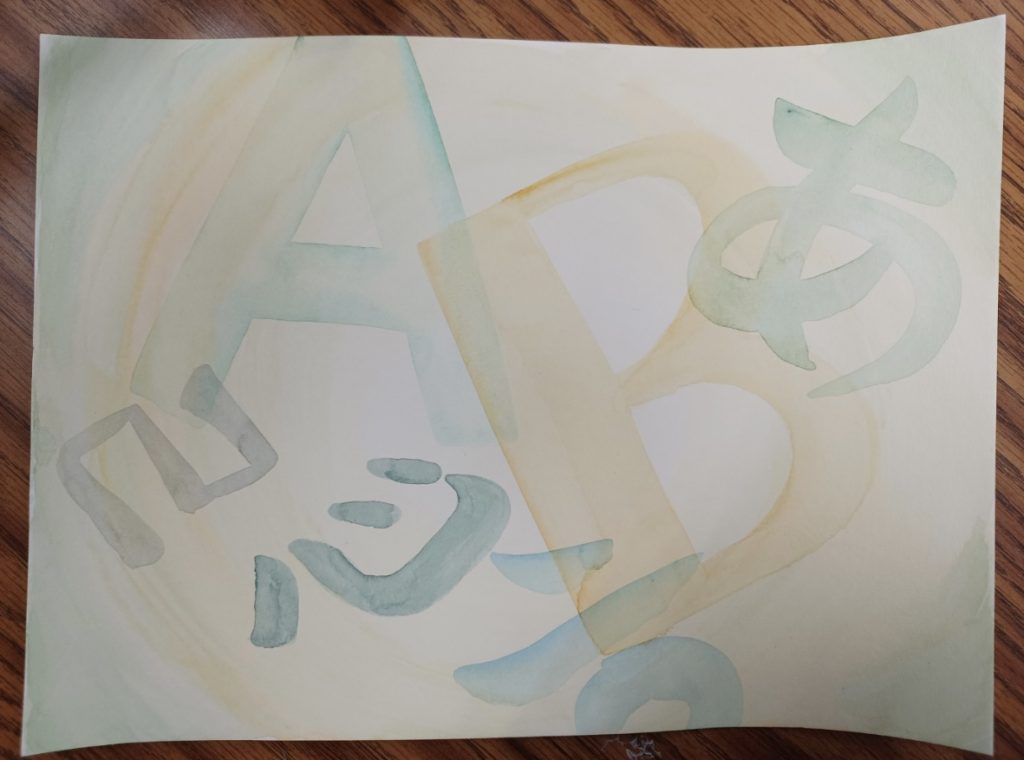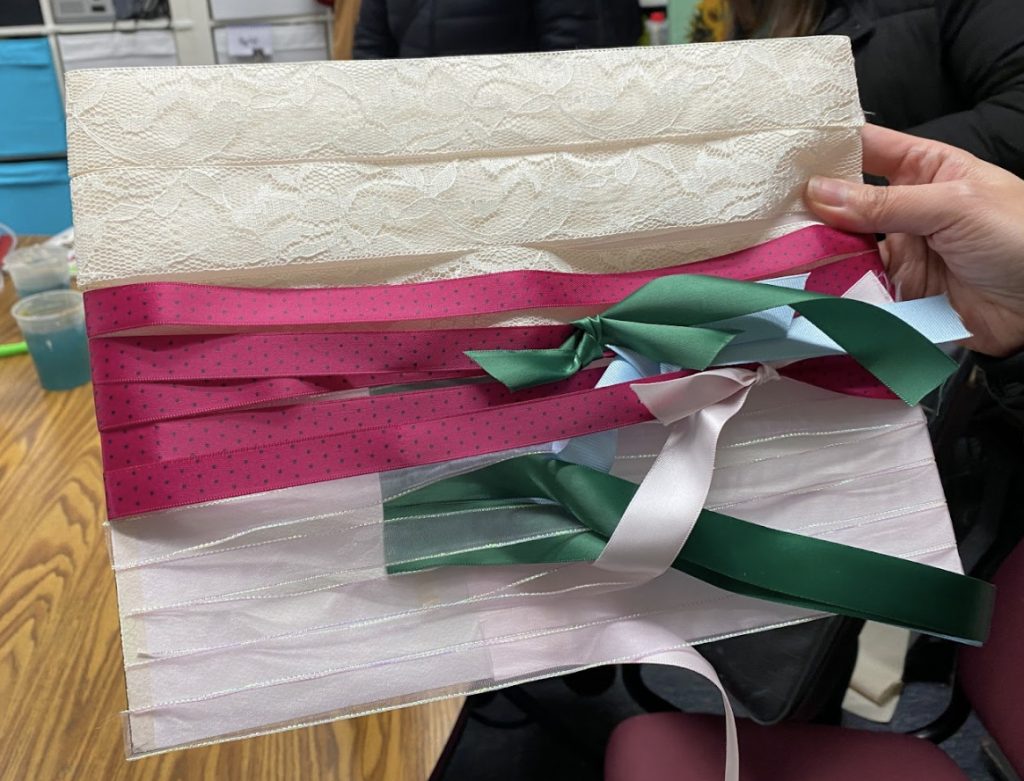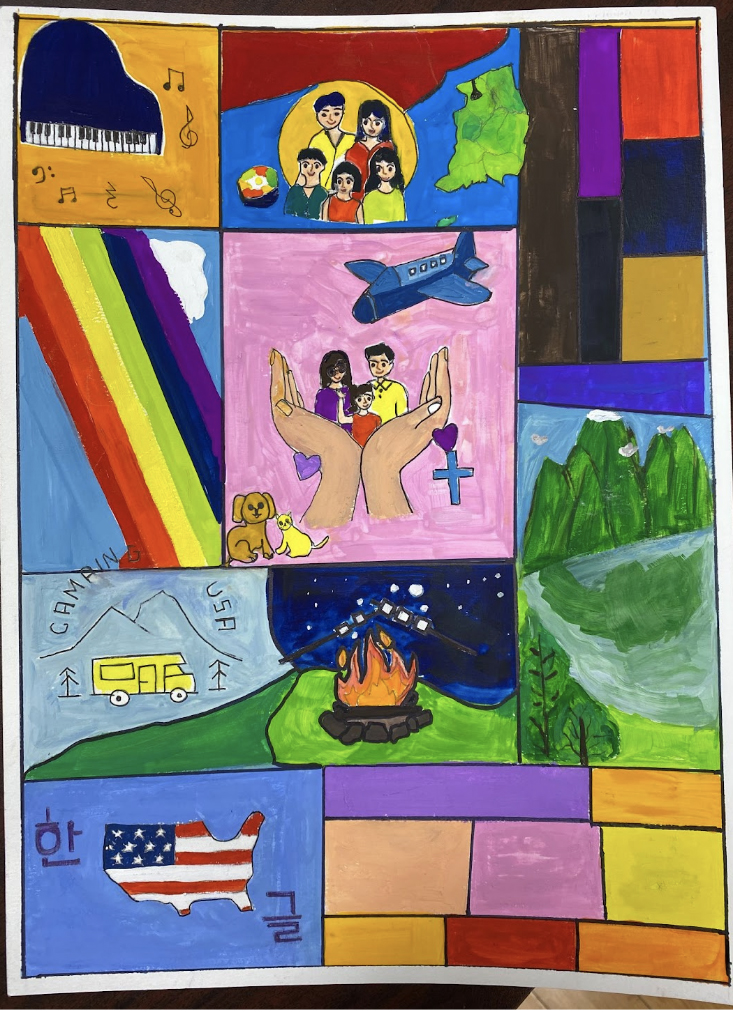A Korean American painter, Annie Lee was born in Seoul, Korea on September 24, 1984. She now lives in Glenview, IL with her husband and three children. She studied at Columbus College of Art and Design, graduating in 2006 with a Bachelor of Fine Arts degree with an emphasis in illustration. Annie’s art practice is motivated by supporting the local Korean community. She formed a group called Chicago Moms Art in the fall of 2017 where she teaches paintings to Korean moms once a week. Annie’s teaching practice promotes interconnected engagements among students using watercolor and acrylic as social connecting mediums. She creates a space where people feel welcomed unconditionally regardless of their backgrounds and painting abilities. Annie teaches as an act of giving oneself to others. She aims to share a lifelong love of art in the students she works with.
TRANSFORMING ART PRACTICE IN CHICAGO MOMS ART TOWARDS LIBERATION
How do the personal beliefs of a teacher impact the content and method of art teaching practices? This question prompted me to reflect the teaching I did at Chicago Moms Art, located in Wheeling, IL. Through self examination, research on educational models, and examination of contemporary artworks, I was able to reimagine and reconstruct Chicago Moms Art using a liberation method by utilizing Paolo Freire’s pedagogical theory. My previous art teaching experience used an oppressive phenomenon of deficit learning which reflects a mindset of a teacher focusing on problems rather than potential. This project facilitates the importance of artmaking through asset-based pedagogy which focuses on the strengths that students bring to the classroom, and the transformative impact it has on these students and their connected communities. The asset-based pedagogies offer a counternarrative to deficit ideology outcomes by valuing students’ insights, languages, and cultural practices (Flint & Jaggers, 2021). More importantly, this pedagogy allowed the students to explore their past memories and create their own understanding of the world around them. I was able to find the pedagogy of liberation that is enlightening and engaging through working with the students at Chicago Moms Art.
The students of the Chicago Moms Art fit into a narrow marginalized population: middle-aged immigrant women who speak either limited or no English—a group with whom I share my own background. From an initial investigation of how Chicago Moms Art’s students can use their funds of knowledge to explore their past memories to reimagine their art practice, I designed a lesson plan that the students participated in over three weeks of classes. After the students and I pivoted our art practices to process-based experiences, beyond advancing technical skills, we were able to branch out into an exploratory future to find liberation through artmaking. With the power the students and I possess in our lived experience, we will continue to pursue and discover the ways our world works through questions with progress toward transformation. This is a journey to rediscover our untold stories and find our artistic paths in the midst of the United States.
According to Dissanayake (1988), the arts are ubiquitous, integral to many activities of life, sources of pleasure, and hold “survival value” (p. 6). For me, art constructs a great appreciation for the experience of everyday life through the art making process. Any ordinary experience can be a lasting insightful interaction to continuously impact and connect communities. My teaching practice is based on the experience of interconnected engagements beyond technical skills. Through the process of completing my thesis, I learned the importance of art making through asset-based pedagogy and the transformative impact it has on students. From now on, the art practice of Chicago Moms Art will be focused on making art with various materials and tools to explore personal interests and questions. The students will create artwork that is meaningful and purposeful to them. We will continue to pursue and discover the ways our world works through questions that engage both students and myself, progressing toward transformation.
